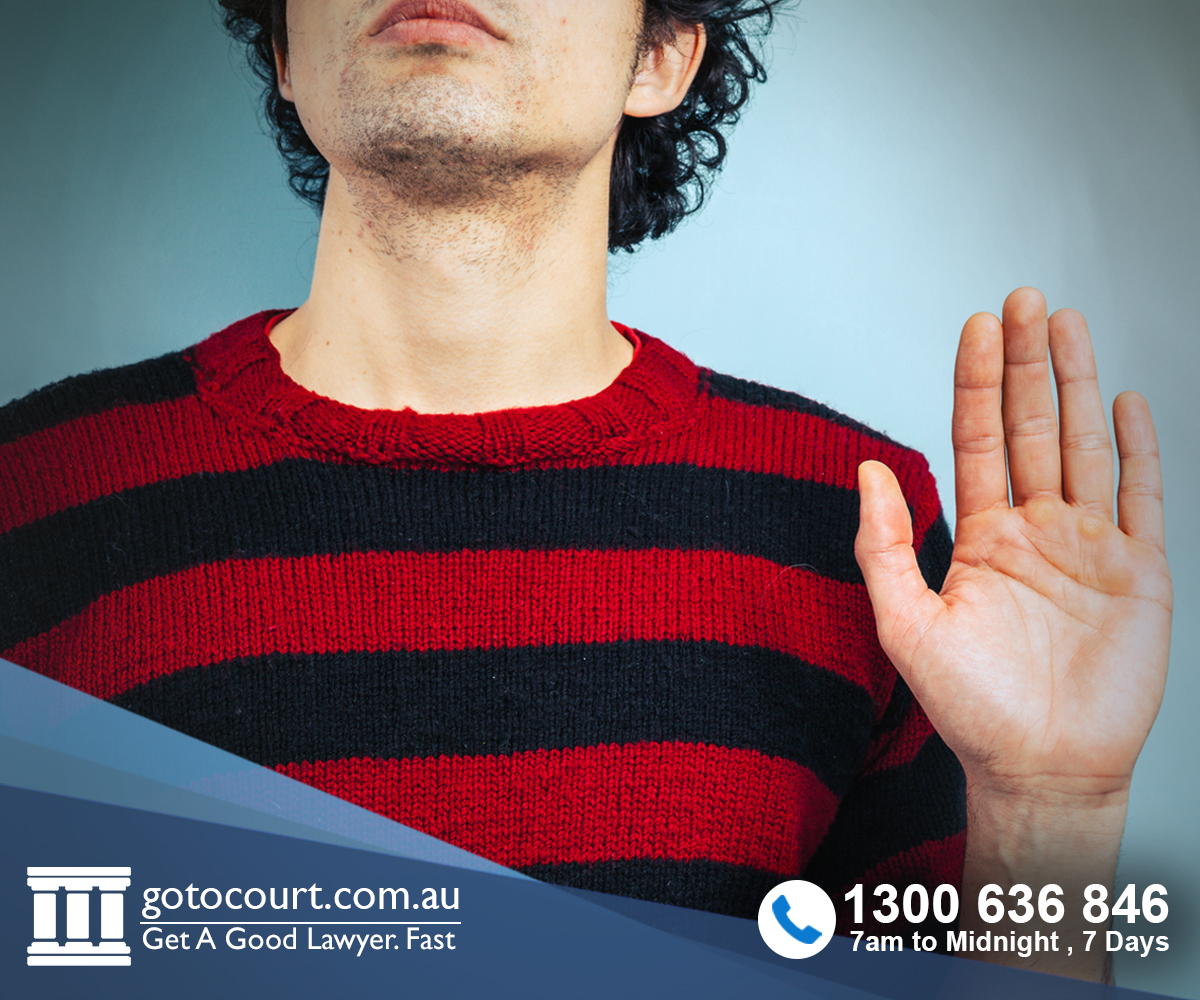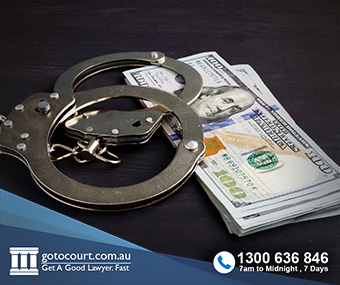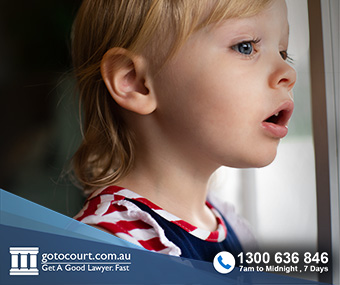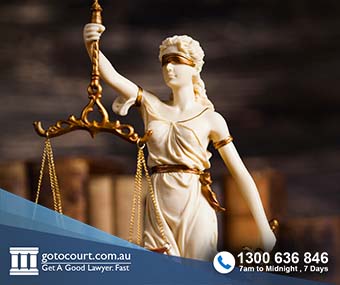Call our lawyers
now
or,
have our lawyers
call you
Unlawful Wounding in the ACT
Updated on Dec 23, 2022 • 4 min read • 304 views • Copy Link
Unlawful Wounding in the ACT
In the Australian Capital Territory, the Crimes Act 1900 contains a range of offences against the person. These include assault, assault occasioning bodily harm, causing grievous bodily harm and unlawful wounding. This page deals with unlawful wounding in the ACT.
Legislation governing unlawful wounding in the ACT
Unlawful wounding is set out in section 21 of the Crimes Act 1900.
Penalty for unlawful wounding in the Australian Capital Territory
The maximum penalty for wounding in the Australian Capital Territory is imprisonment for five years. If the offence is aggravated, the maximum penalty is imprisonment for seven years. An offence is aggravated if the victim is a pregnant woman or if the offence is committed in a family violence context.
What actions may amount to wounding?
Wounding occurs when a person breaks another person’s skin without a lawful excuse. Both layers of skin must be broken but a weapon does not need to be used. The injury does not need to be serious or long-lasting. It may be a cut or a stab. Wounding charges commonly result from ‘glassing’ incidents.
The offence does not need to fulfill the elements of an assault.
Will I get a conviction?
If you are found guilty of wounding in the ACT, it is highly likely that a conviction will be recorded.
Under section 17 of the Crimes (sentencing) Act 2005, ACT courts may dismiss a charge or make a good behaviour order without recording a conviction. If the court imposes any other sentence, such as imprisonment or a community service order, it must record a conviction.
As wounding is a serious offence that usually attracts a term of imprisonment, it is unlikely that a person will be sentenced without the recording of a conviction.
Jurisdiction
Wounding matters in the Australian Capital Territory can be finalized in the Magistrates Court. When this occurs, the maximum penalty that can be imposed for the offence is imprisonment for two years.
If the accused wishes to have the matter dealt with on indictment, it will be dealt with in the Supreme Court.
Should I plead guilty?
If you have been charged with wounding in the Australian Capital Territory and are thinking about pleading guilty, you should first get thorough legal advice. Go To Court Lawyers experienced criminal solicitors will advise you on the strength of the case against you and whether you have any available defences. They will talk you through the likely penalty range given the circumstances and your criminal history and the types of supporting material you should obtain for the court.
Legal defences to unlawful wounding in the ACT
A person charged with wounding in the ACT may have a legal defence available to them. Some of the defences that apply to wounding are outlined below.
The defence of self-defence
Under section 42 of the Criminal Code 2002, a person is not criminally responsible for an act if the act was carried out in self-defence or in defence of another person. A person may be found not guilty on the basis of self-defence if they believed their actions were necessary in self-defence and their actions were proportionate to the threat they believed they were facing.
The defence of duress
Under section 40 of the Criminal Code 2002, a person is not criminally responsible for an act carried out under duress. A person is acting under duress if they do an act only because of fear that a threat that is being made will be carried out if they do not perform the act. The act must be a reasonable response to the threat.
The defence of immature age
A person under 10 cannot be found guilty of an offence in the Australian Capital Territory. A child between the ages of 10 and 14 can only be found guilty of a criminal offence if the prosecution can prove that they had the capacity, at the relevant time, to understand that their actions were wrong.
The defence of mental impairment
Under section 28 of the Criminal Code 2002, a person is not criminally responsible for an act if they were mentally impaired at the time they carried it out and could not understand the nature and quality of their conduct, did not know the conduct was wrong or could not control their actions.
If you require legal advice or representation in any legal matter, please contact Go To Court Lawyers.


Affordable Lawyers
Our Go To Court Lawyers will assist you in all areas of law. We specialise in providing legal advice urgently – at the time when you need it most. If you need a lawyer right now, today, we can help you – no matter where you are in Australia.How It Works








1. You speak directly to a lawyer
When you call the Go To Court Legal Hotline, you will be connected directly to a lawyer, every time.


2. Get your legal situation assessed
We determine the best way forward in your legal matter, free of charge. If you want to go ahead and book a face-to-face appointment, we will connect you with a specialist in your local area.


3. We arrange everything as needed
If you want to go ahead and book a fact-to-face appointment, we will connect you with a specialist in your local area no matter where you are and even at very short notice.







